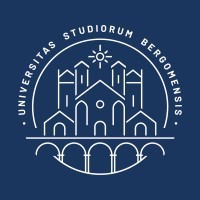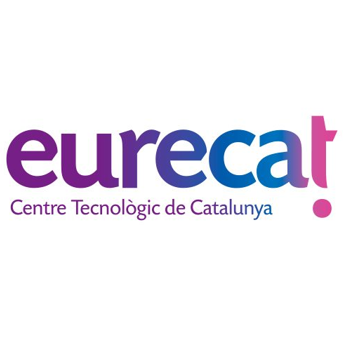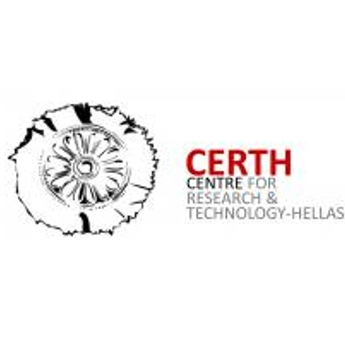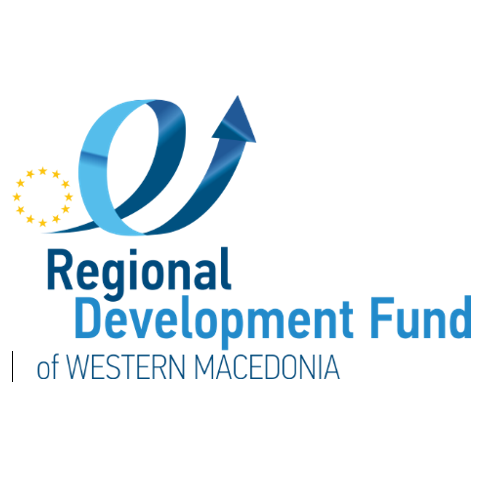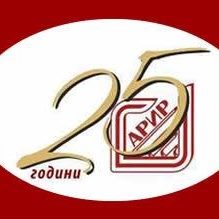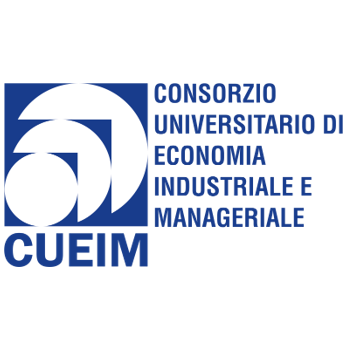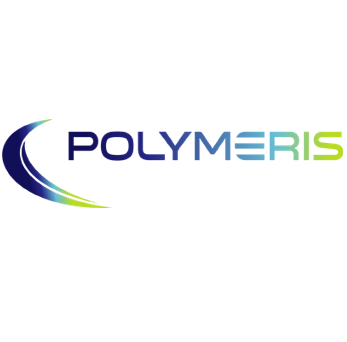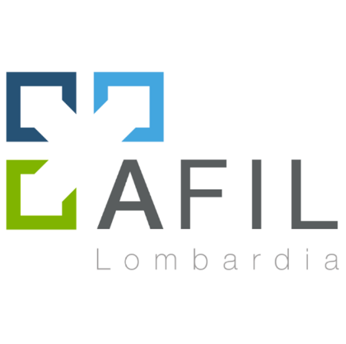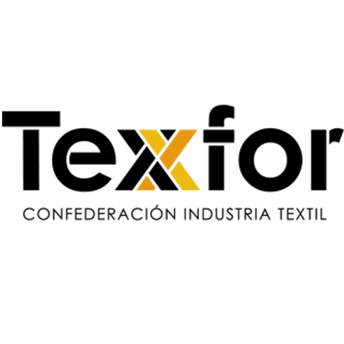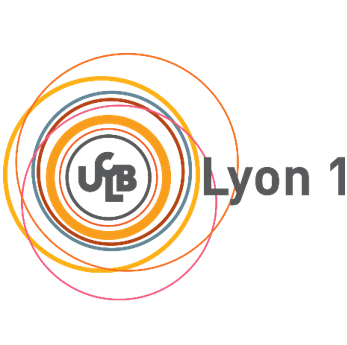
Our story
The project aims to capitalize on experiences from previous Interreg MED projects, specifically GREENOMED and FinMED, to develop and test the GREENSMARTMED methodology and toolkit. This new approach will enhance transregional cooperation among stakeholders in Italy, Spain, France, Greece, and Bulgaria, fostering a European community focused on green and resilient manufacturing. The methodology will help SMEs turn sustainability challenges into opportunities and support RIS3 implementation. By testing in regions with varying economic development, the project aims to create a widely transferable methodology. The integration of GREENOMED’s focus on transregional green manufacturing collaborations and FinMED’s provision of financial resources for SMEs will be leveraged. The project will address challenges related to sustainable materials, energy and resource optimization, and emission reduction.
PARTNERSHIP

The partnership comprises organizations dedicated to sustainability and actively involved in defining and implementing RIS3 policies. It includes many former partners from GREENOMED and FINMED projects. New partners have been added to provide fresh perspectives (UCBL), better address target sectors (TEXFOR, FBS), and extend reach to more MED Regions (SZREDA) and companies (Confindustria Lombardia, Federterziario, Associazione delle Camere di Commercio Italiane all’Estero, Just Transition Institute Greece, European Digital Innovation Hub Zagore). Additionally, the partnership aims to enhance impact on public authorities and policies through involvement with RDF, Generalitat de Catalunya, Lombardy Region, and Auvergne-Rhône-Alpes Entreprises.
University of Bergamo
The Lead Partner, University of Bergamo is an Italian university located in Lombardy, a key industrial region. It collaborates with numerous industries including machinery, textile, plastics, food, and automotive sectors. UNIBG offers diverse courses, laboratories, and research centers and has extensive experience in regional, national, and European funded projects focused on sustainability in manufacturing.
Eurecat Foundation
Eurecat is Catalonia’s main Technology Center and the second largest in Spain, participating in over 60 EU-funded projects, including 16 as the coordinator. It is involved in various international programs like Horizon 2020, Horizon Europe, and others. Recognized by the European Commission as a Key Enabling Technologies (KETs) Technology Centre, Eurecat collaborates with SMEs on market-ready research and innovation.
CERTH
CERTH, a top research center in Greece, ranks among the top 20 EU institutions for competitive research grants. It excels in Energy, Environment, Industry, Mechatronics, Information & Communication, Transportation & Sustainable Mobility, Agro-biotechnology, and Smart farming. CERTH has extensive industry and academic collaborations and participates in various national and European associations.
Regional Development Fund of Western Macedonia
The Regional Development Fund of Western Macedonia is a legal entity under private law that supports regional development and decentralization. It effectively utilizes regional, national, and European resources, applies modern management methods, and supports Western Macedonia’s role. RDFWM collaborates with scientific organizations on projects to develop and implement sustainable energy policies, focusing on buildings and transport.
Stare Zagora Regional Economic Development Agency
The Stara Zagora Regional Economic Development Agency focuses on enhancing SME competitiveness in the Stara Zagora region, addressing economic and policy improvements, and fostering synergies among sectors, financial institutions, and academia. With over 25 years of experience, SZ REDA is a member of the Bulgarian Association of Regional Development Agencies and supports sustainable development and circular economy policies.
CUEIM
CUEIM has extensive experience in international projects, both as Lead Partner and Partner. It has played a key role in the Interreg Med Green Growth Community since 2016. Through multiple projects, CUEIM has deepened its expertise in circular economy, green growth, and sustainability. It has facilitated cooperation initiatives at various levels, aligning with the EU Green Deal goals. CUEIM also manages the Green Growth Community platform (GGCP).
POLYMERIS
Polymeris is France’s leading competitiveness cluster for plastics, rubber, and composite materials, supporting SMEs, ETIs, and large companies in innovation with R&D partners. With a 380-member network, Polymeris offers 15 years of expertise and a full range of services from idea emergence to market deployment. It focuses on accelerating synergies between industry and academia to address circular economy challenges and the future of industry.
AFIL Lombardia
AFIL is Lombardy’s regional technological cluster for Advanced Manufacturing, consisting of companies, universities, research institutions, and associations. Its mission includes fostering a stable community for cooperation, identifying and implementing strategies, and positioning Lombardy in inter-regional and European networks. AFIL focuses on the green transition, particularly through its “De- and Remanufacturing for Circular Economy” Strategic Community.
TEXFOR
Texfor has extensive experience managing European projects across various programs, both as a leader and partner. Notable projects include the Erasmus+ EcoTex (2017-2020), the Horizon 2020 ENI CBC MED StandUp! (2020-2023), COSME Circular Innobooster (2021-2023), the Horizon Europe CISUTAC.
University Claude Bernard Lyon 1
The University Claude Bernard Lyon 1 is a multidisciplinary institution excelling in fundamental and applied research, with over 5,000 international publications and 40 patents annually. It educates 47,000 students in science, technology, health, and sport. As part of Université de Lyon, it boasts 65 laboratories and contributes significantly to various scientific fields.
AsSOCIATED PARTNERS
- Confindustria Lombardia (Italy) – The regional representation of Confindustria that brings together the 9 Lombardy Territorial Associations and ANCE Lombardia.
- Regione Lombardia (Italy) – Supports R&I in emerging strategic sectors, facilitates the transfer of research results to industry and fosters innovation throughout the territory to increase the socio-economic competitiveness and the well-being of citizens.
- Federterziario (Italy) – Non-political and non-profit organisation that has been operating for over 25 years alongside small and medium-sized enterprises in the tertiary sector.
- Associazione delle Camere di Commercio Italiane all’Estero (Italy) – Association of the Italian Chambers of Commerce abroad (ICCA), established
to develop and enhance their activities, to disseminate their knowledge of the network to Italian institutions, international and business organisations. - Auvergne-Rhône-Alpes Entreprises (France) – The regional economic development agency of the Auvergne-Rhône-Alpes region, which aims to assist the industrial companies, in particular SMEs, in their economic development.
- Just Transition Institute Greece (Greece) – Non-profit civil partnership with the main goal of implementing scientific activities in support of the effort of the affected areas to the developmental transformation during the period of lignite phase out.
- Ministry of Economy and Finance, Catalan Government (Spain) – The unit engaged in the project, the Economic Strategic Area, is responsible for the coordination of Catalonia’s Smart Specialisation Strategy.
- Forest Bioengineering Solutions (FBS) (Spain) – A spin-off of the CTFC (Forest Science and Technology Centre of Catalonia) aiming at valuing the knowledge generated in the CTFC and transferring it to the sector, to the market through the creation of innovative products and/or services of high quality linked to scientific expertise.
- European Digital Innovation Hub Zagore (Bulgaria) – Part of the network of the European Digital Innovation Hubs (EDIHs), initially established with Digital Europe Programme funding and involving more than 150 EDIHs.




